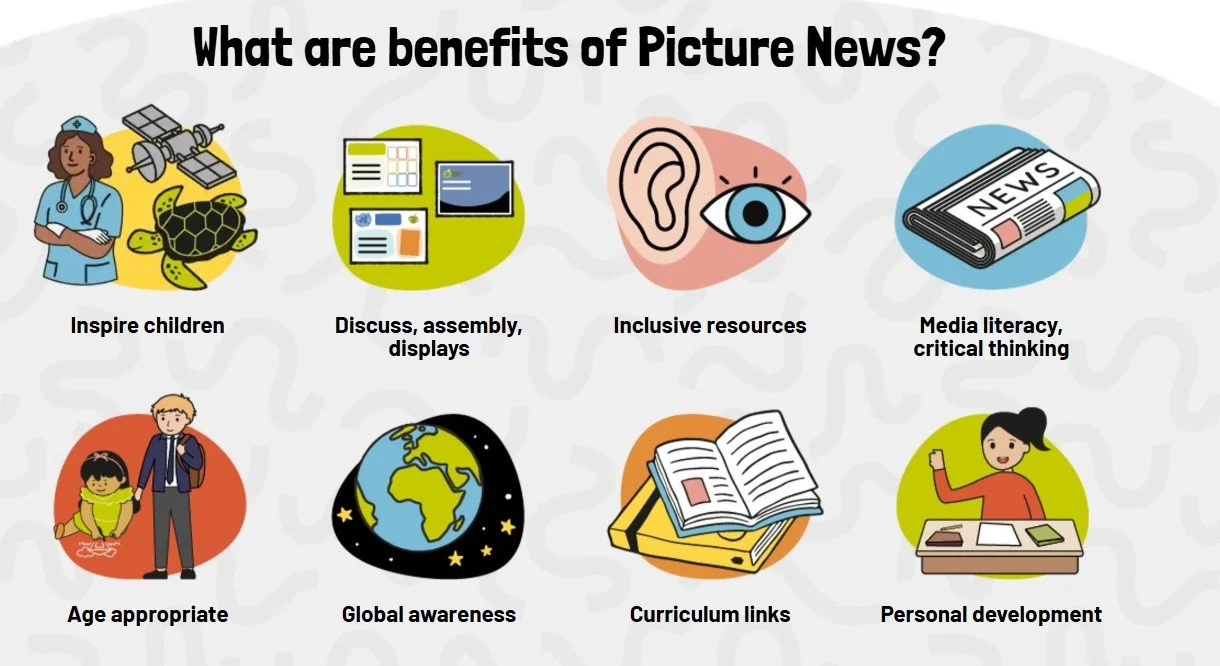Oracy at Leasowe Primary School
Intent
All children deserve to have their voice heard. At Leasowe Primary School, we recognise the vital role of oracy in children’s academic progress, social development and emotional wellbeing. We aim to help every child speak clearly, confidently and with expression, so they can communicate ideas and feelings effectively, listen attentively, and respond appropriately to others.
Across the curriculum, children are given rich opportunities to develop spoken language through discussion, drama, role play and purposeful talk. In EYFS, Communication and Language is a prime area of learning. Activities are planned using the Early Years Foundation Stage Profile and Development Matters guidance, ensuring children experience a language‑rich environment filled with stories, songs, poems, hands‑on exploration and high‑quality interactions.
Implementation
In Early Years, we prioritise Communication and Language because children’s language skills are closely linked to their overall development and future educational success. Pupils engage in hands‑on experiences, songs, poems, storytelling, role play and high‑quality talk. They have access to a wide range of fiction and non‑fiction texts and learn in an environment where new vocabulary is introduced, modelled and explored.
We develop talk in two key forms:
Exploratory Talk
Children use talk to think aloud, explore ideas and deepen understanding. This includes discussing Big Questions in Science, solving “Odd One Out” challenges, and asking thoughtful questions of their peers and teachers.
Presentational Talk
Children learn to speak for an audience. They use subject‑specific vocabulary and, as they move through school, develop techniques such as tone of voice, body language and eye contact to communicate clearly and engage listeners.
The National Curriculum for English (2014) states that spoken language underpins the development of reading and writing. At Leasowe, we embed oracy across all subjects to support cognitive, social and linguistic development.
Through our Oracy Curriculum, children learn to:
listen and respond appropriately to adults and peers
ask relevant questions to extend understanding
use strategies to build vocabulary
articulate and justify answers, arguments and opinions
give well‑structured descriptions, explanations and narratives
maintain attention and participate actively in collaborative conversations
use spoken language to imagine, explore, speculate and hypothesise
speak audibly and fluently with increasing command of Standard English
participate in discussions, presentations, performances, role play and debates
gain, maintain and monitor the interest of listeners
consider and evaluate different viewpoints
select and use appropriate registers for effective communication
Impact
Our Oracy Curriculum enables pupils to:
confidently and respectfully articulate their ideas and opinions
value and respect the contributions of others
speak with clarity, expression and growing eloquence
recognise the importance of listening as part of communication
become critical thinkers who can justify ideas with reasons
ask questions to deepen understanding and nurture curiosity
develop a rich and precise vocabulary, including subject‑specific language
present to a range of audiences and for a variety of purposes
Oracy Framework
The Oracy Framework outlines the range of skills children need in order to participate confidently and effectively in different talk situations. Developed by Voice 21, the framework provides a clear structure for teaching and assessing spoken language across the school.
At Leasowe Primary School, we use a student‑friendly version of the framework in every phase. This ensures that children understand each strand of oracy and can talk about their learning using accessible language. As pupils move through the school, their skills progress in a carefully sequenced way: earlier foundations are strengthened, new techniques are introduced, and vocabulary becomes increasingly ambitious and subject‑specific.
The framework supports children to develop confidence, clarity and purpose in their talk, enabling them to communicate effectively in discussions, presentations, performances and everyday interactions.
We teach Oracy Skills in many different ways at school so that children develop a deeper understanding through:
Paired talk
Group discussion
Debating
Drama
Presentations.
Teachers plan lessons with oracy in mind and are structured so that all children are supported in developing their oracy skills in a range of ways, for example, through using sentence stems to scaffold talk and using talk tactics to discuss differing viewpoints.
What is Oracy?
Oracy is the ability to communicate effectively through spoken language. It includes how children express themselves, how they listen to others, and how they use talk to think, learn and understand the world around them. Just as literacy teaches children to read and write, and numeracy teaches them to work with numbers, oracy teaches them to speak and listen with confidence, clarity and purpose.
At Leasowe Primary School, we see oracy as a vital life skill. It helps children build relationships, share ideas, solve problems, ask questions, explain their thinking and take part in discussions and performances. Strong oracy skills support learning across every subject and help children grow into articulate, thoughtful and respectful communicators.
This short video, made by Voice 21, explains what oracy is. Click on the image below to view this video.
How do we use Picture News?
Every week, we share the latest Picture News with children during a dedicated whole‑school assembly. Using the high‑quality images and resources provided, we introduce a current issue or question designed to spark curiosity, discussion and reflection. The weekly “big picture” is also displayed prominently in school so that children can revisit the theme and continue conversations throughout the week.
The discussions prompted by Picture News play a key role in developing oracy across the school. Children are given structured opportunities to speak with confidence, listen respectfully, debate ideas and express opinions in both formal and informal contexts. This supports their ability to communicate clearly, think critically and engage thoughtfully with the world around them.
Picture News is also instrumental in helping us deliver our work on British Values. It enables children to encounter and explore key issues of the day in a planned, age‑appropriate and sensitive way. Through these discussions, pupils deepen their understanding of Protected Characteristics and the UN Rights of the Child, helping them to develop empathy, respect and a strong sense of social responsibility.




